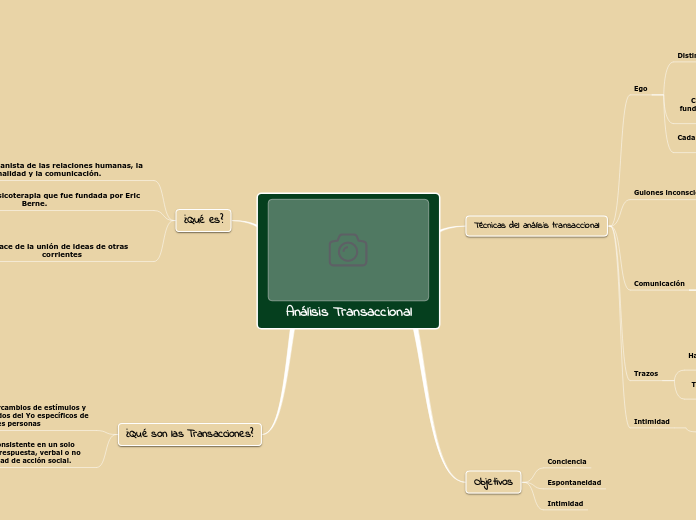by STEVE SANDOVAL MORÁN 3 years ago
369
Análisis Transaccional

by STEVE SANDOVAL MORÁN 3 years ago
369

More like this
This ancient civilization of Northeastern Africa is one of the most spectacular of the ancient world. Find out more about the people of Ancient Egypt, their gods and goddesses, magical land, and daily life.
Add here information about the clothing Ancient Egyptian people wear.
A 'pharaoh' was the supreme political and religious leader of the land. The word 'pharaoh' comes from Greek and it initially related to the designation of a royal residence.
Each pharaoh was usually the son or declared heir of the previous pharaoh, born of the Great Wife (pharaoh’s chief consort) or sometimes a lesser-ranked wife favored by the pharaoh.
Among the over 300 pharaohs in ancient Egypt, only a few of them succeeded to leave behind an eternal legacy.
Guess the Pharaoh
Type in the name of this important pharaoh and the period in which he ruled. Example: Ahmose I, 1570 - 1546 BC.
Egyptian Art has a major role in conveying the essential traits of this great civilization.
The Egyptian art portrays best what this civilization valued the most, what people looked like, how they dressed, the jobs they had, etc.
Ancient Egyptian Farming
One of the reasons for which this civilization was so successful was the fact that they used farming to produce their own food and cloth. The farmers grew their crops along the bank of the River Nile.
What animals did the Egyptians have?
Animals were very important to Egyptians both because they were a source of food and drink, and they helped the farmers with pulling the plow, eating unwanted crops, and trampling in the seeds. Type in several examples.
Conseguir que el individuo perciba cómo las experiencias y patrones surgidos en la niñez están intoxicando su vida.
What crops did the Egyptians grow?
They grew all sorts of crops, but the most important was grain, from which they made bread, beer, and porridge. Type in various types of crops.
Ego niños
Ego adultos
Ego padres
What were the main activities during this season?
Think of how the farmers benefited from this season. Example: during the Flooding Season, many farmers were working for the pharaoh to build temples and pyramids.